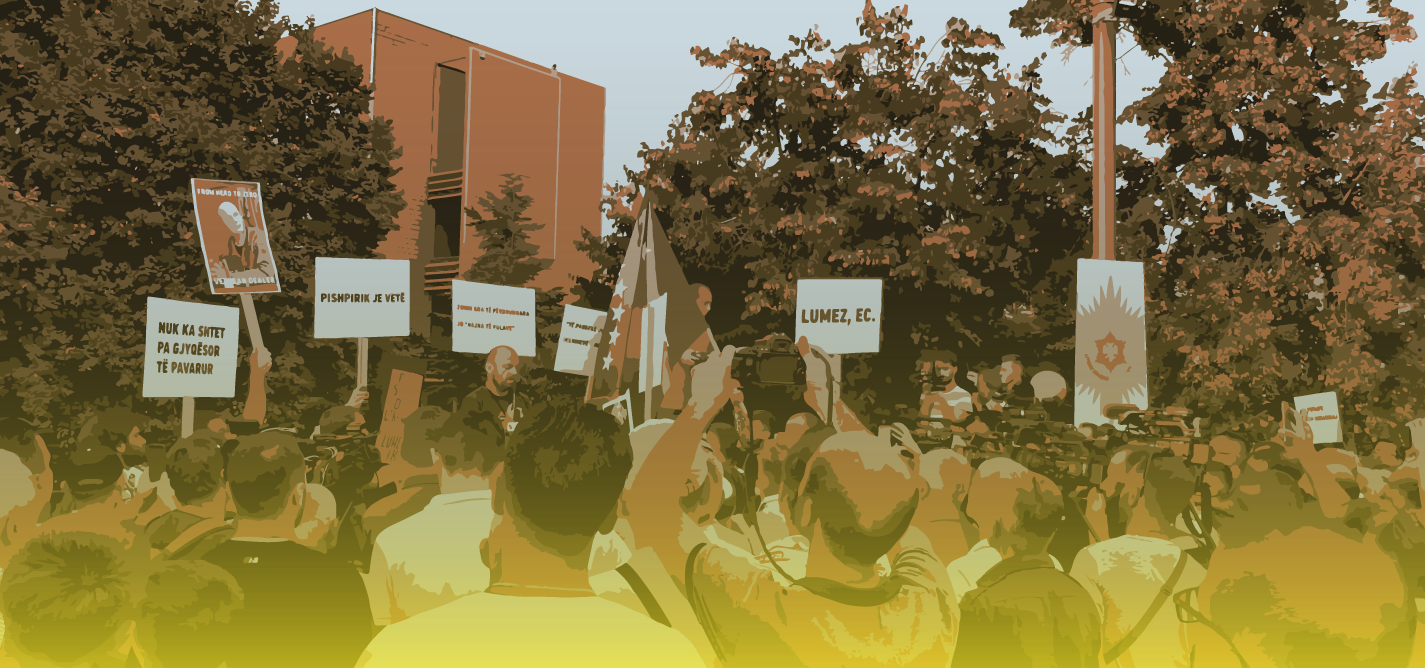
Kosovo needs a new civil rights movement
Current rule of law crisis shows peaceful protest is essential.
|23.08.2018
|
The personal attacks against Blakaj by the prime minister were especially aggressive and offensive and evidently aimed at morally discrediting him.
If it turns out that senior politicians are abusing the KLA and Kosovo’s war for liberation for personal profit ... then this will discredit the KLA more than Dick Marty’s allegations.
What Kosovo needs is a new civil rights movement, a coalition of willing and determined citizens and civil society organizations who will peacefully pressure the government to undertake the necessary reforms.

Robert Muharremi
Robert Muharremi is assistant professor of public policy and governance at the Rochester Institute of Technology — Kosovo Campus. Since 2000 he has served in various international organizations and government institutions in Kosovo as legal and policy adviser.
DISCLAIMERThe views of the writer do not necessarily reflect the views of Kosovo 2.0.
This story was originally written in English.